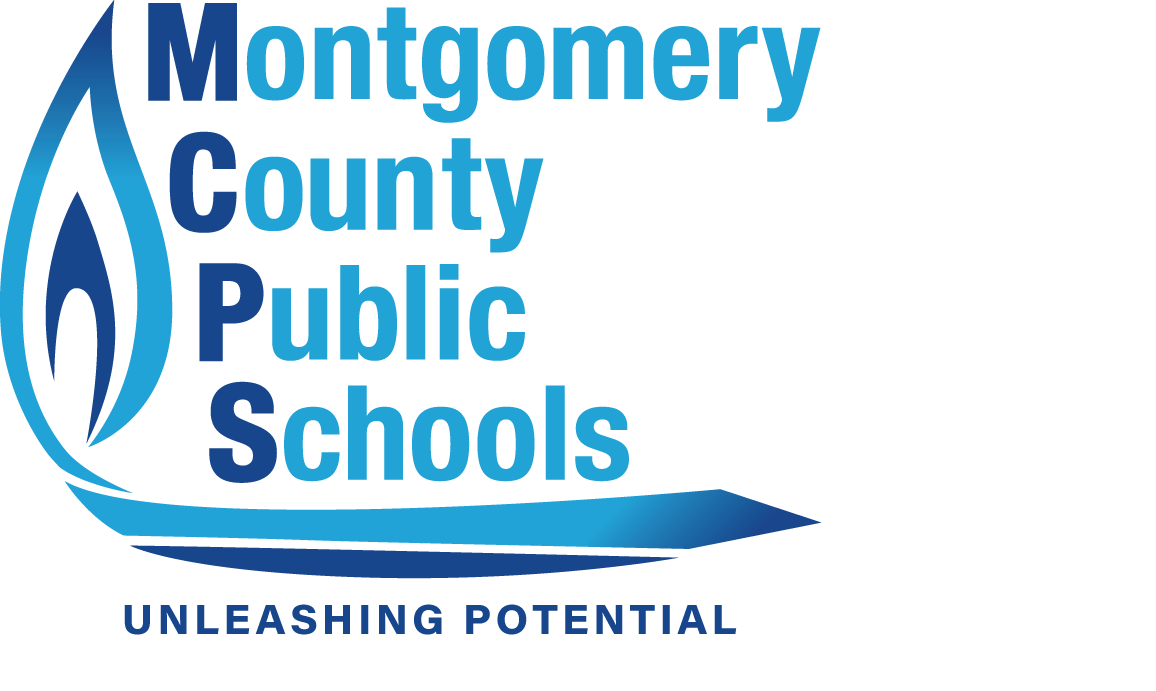Music is one of those things that everyone seems to love. Music connects people, music sets people free, music keeps people close to their memories. Music has many effects and uses, both positive and negative.
Music comes in many forms. Even a song as short as three minutes could make someone’s life easier in their hardest moments. According to David Victor in his article “How Music Helps People Heal: The Therapeutic Power of Music,” “…studies show that music can reduce stress levels, improve moods, increase energy levels, reduce pain levels, and can even speed up recovery time from illness or injury.”
No matter the genre of music one prefers, it’s made to be enjoyable for the listener and can be freeing and enjoyable for the songwriters and performers as well. Music helps identify similarities and differences between people and helps people connect. You can learn a lot about a person through their taste in music and you can learn a lot about artists through the music they make, especially with the words they use.
Music is there for us on all occasions. Music is there whether we are happy, sad, or just need something for no particular reason. It fits into the small pockets of life we take for granted like driving to the grocery store or cleaning the house on chore day. Conversely, it is cemented into our existence for big moments such as weddings and birthday celebrations. Sometimes it’s the thing we lean on for moments of life that are hard.
However, while music is something everyone can enjoy and enhance their lives with, it is important to learn our limits when it comes to music. While it can be very therapeutic and a healthy daily coping mechanism, listening to particularly negative music can become very mentally draining without you even knowing it. It may feel good at the moment or may not be necessarily harmful if you listen to it less regularly, according to Roger Botello in the Children’s Hospital New Orleans, “When a person dwells on negative thinking or feelings, it can contribute to the development of depression and anxiety or worsen existing conditions.” Botello’s meaning here is that you could be harming yourself by doing something you intended to help you.
Oftentimes, our dependency on something can be positive, for example, using music to help you lock in to get your chores done. It only becomes negative when you start to overuse it. You often might think to yourself, “I need my music today.” But what are you going to do when it’s gone? What is going to get you through the day now?
With music, it’s all about balance. A great way to balance music with our daily lives is to have set points in the day where you listen to music. Sometimes, try to go through those set points without music to avoid falling into a dependent habit. It’s all about pulling some sense of relief when you listen to music; That’s what it’s for. Music keeps us going, so let’s hold onto it.








































